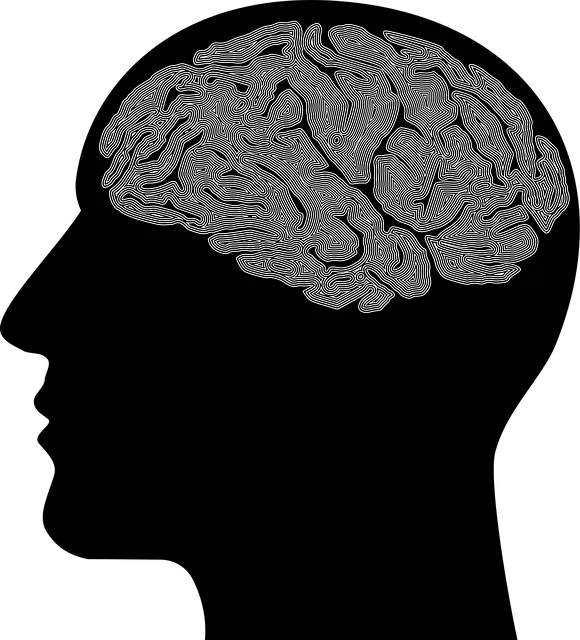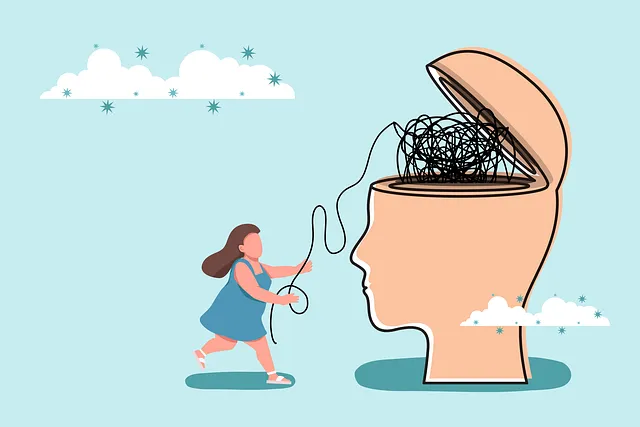The Boulder Kaiser mental health programs focus on social skills development to combat isolation and depression by re-engaging individuals with their communities. These programs emphasize cultural sensitivity, crisis intervention guidance, and holistic approaches like Mind Over Matter principles and self-awareness exercises. Through specialized training, role-playing, group discussions, and evidence-based methods, Boulder Kaiser enhances well-being, fosters healthy relationships, and promotes social inclusion for long-term mental health management.
Social skills training plays a pivotal role in managing mental health conditions, fostering better interactions and enhancing overall well-being. This comprehensive guide explores the intricate relationship between social skills and mental health, highlighting the innovative approaches offered by Boulder Kaiser Mental Health Programs. We delve into effective strategies for implementation, dissect benefits, and address challenges, providing insights crucial for professionals and individuals navigating this transformative process.
- Understanding Social Skills and Mental Health
- The Role of Boulder Kaiser Mental Health Programs
- Strategies for Effective Training and Implementation
- Benefits and Challenges in Social Skills Training
Understanding Social Skills and Mental Health

Social skills are a fundamental aspect of our daily lives, facilitating connection and communication with others. For individuals managing mental health conditions, developing and refining these skills can be transformative. Mental health issues like depression can often isolate people, leading to social withdrawal and a decline in supportive relationships. Addressing these challenges is at the core of Boulder Kaiser mental health programs’ approach, aiming to empower individuals to re-engage with their communities.
The integration of cultural sensitivity in mental healthcare practice is vital to ensure that training is inclusive and effective. By recognizing and respecting diverse backgrounds, these programs can tailor interventions for better outcomes. Additionally, crisis intervention guidance forms a crucial component, equipping participants with tools to navigate social situations during moments of heightened distress. Through comprehensive training, Boulder Kaiser strives to enhance overall well-being by fostering healthy relationships and promoting social inclusion as part of depression prevention strategies.
The Role of Boulder Kaiser Mental Health Programs

The Boulder Kaiser Mental Health Programs play a pivotal role in empowering individuals with mental health conditions to navigate social interactions more effectively. These programs are designed to provide specialized training that goes beyond traditional therapy, focusing on practical skills for improving social relationships and overall well-being. Through innovative approaches, such as self-awareness exercises tailored to individual needs, participants gain insights into their emotional responses, enabling them to manage stress in various social settings.
Boulder Kaiser’s expertise lies in incorporating Mind Over Matter principles into their curriculum. By teaching individuals to consciously shift their mindset and perspective, these programs help participants challenge negative thought patterns and build resilience. This transformative process empowers them to engage in meaningful conversations, foster connections, and navigate social challenges with increased confidence. The holistic nature of these mental health programs ensures that individuals not only learn valuable social skills but also develop effective coping mechanisms for long-term mental health management.
Strategies for Effective Training and Implementation

Effective social skills training for mental health conditions requires a multifaceted approach tailored to individual needs. At Boulder Kaiser mental health programs, we emphasize practical strategies that empower individuals to navigate social interactions with confidence and resilience. Our experienced facilitators use role-playing scenarios, group discussions, and mindfulness exercises to cultivate essential social competencies, such as active listening, nonverbal communication, and emotional regulation.
We integrate these training sessions into a holistic framework, combining them with evidence-based Stress Reduction Methods and Emotional Healing Processes. Regular Stress Management Workshops within our organization foster a supportive community where participants can apply learned skills in real-world settings. By seamlessly incorporating these strategies, we enable individuals to build meaningful connections, reduce social anxiety, and enhance overall well-being, ultimately leading to transformative personal growth.
Benefits and Challenges in Social Skills Training

Social Skills Training offers numerous benefits for individuals managing mental health conditions. At Boulder Kaiser mental health programs, these sessions equip participants with essential tools to navigate social interactions more confidently. Through role-playing, group discussions, and learning effective communication strategies, clients gain a better understanding of themselves and others, fostering deeper connections and enhancing their overall emotional well-being. This supportive environment encourages the development of healthy coping mechanisms, allowing individuals to manage stress and anxiety in social settings, ultimately improving their quality of life.
Despite its advantages, Social Skills Training also presents challenges. Some participants may struggle with self-awareness and discomfort in unfamiliar social situations, hindering their initial engagement. Additionally, trauma support services within these programs must be tailored to address complex past experiences, ensuring a safe and non-threatening learning space. Overcoming these challenges requires patience, adaptability, and a commitment to creating an inclusive environment that respects individual paces of progress, ultimately enhancing the effectiveness of these programs in promoting confidence boosting emotional well-being promotion techniques.
Social skills training, as a component of comprehensive mental health care, offers individuals with conditions like anxiety or depression a powerful tool for improvement. As highlighted by the successful initiatives at Boulder Kaiser Mental Health Programs, structured programs can significantly enhance social interactions and overall well-being. By combining evidence-based strategies with personalized approaches, these trainings empower participants to navigate social situations with greater ease and confidence. While challenges exist, such as tailoring content for diverse needs, the benefits of improved social skills far outweigh the obstacles. With continued research and innovative practices, social skills training is poised to play an even more pivotal role in holistic mental health treatment.






